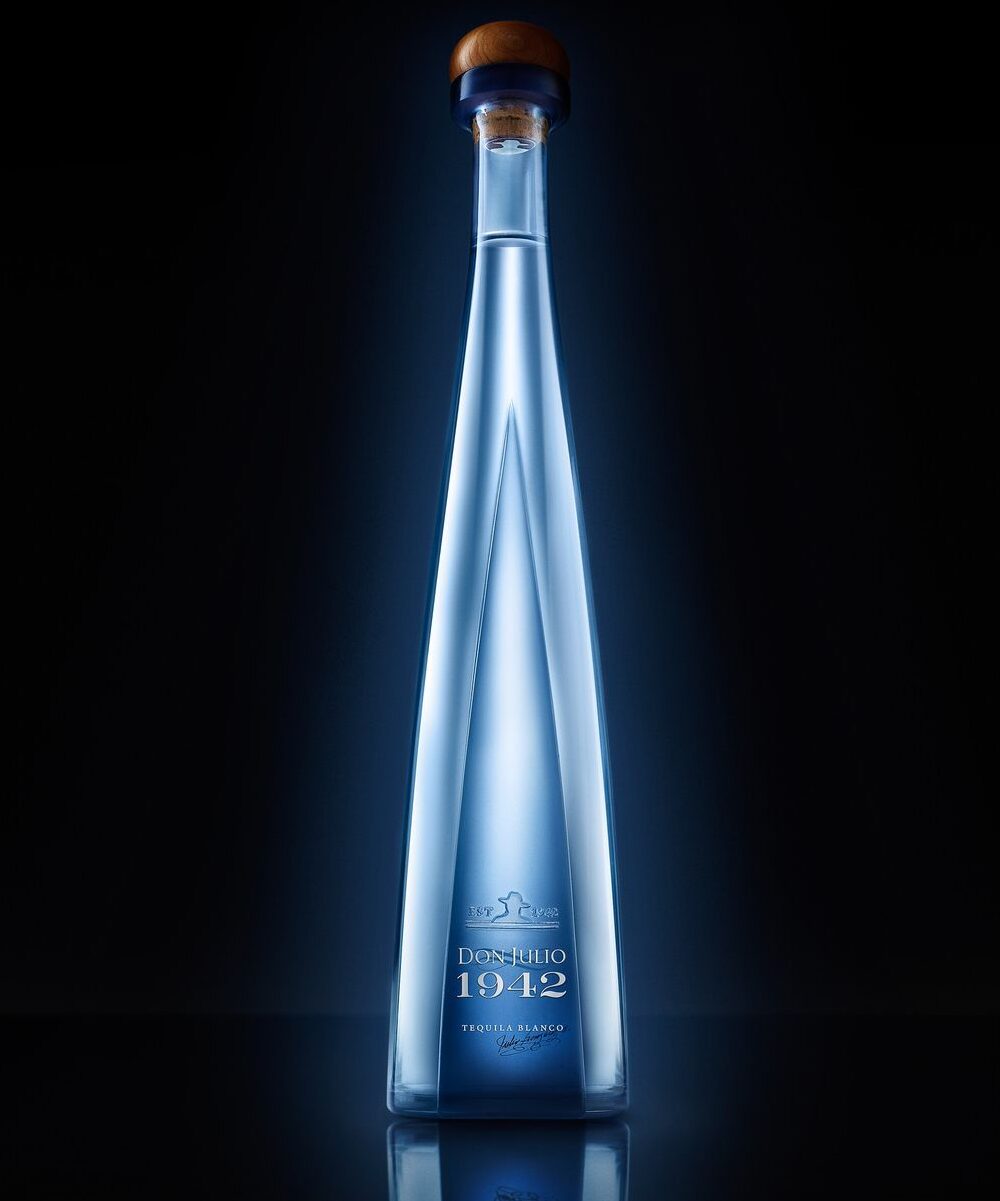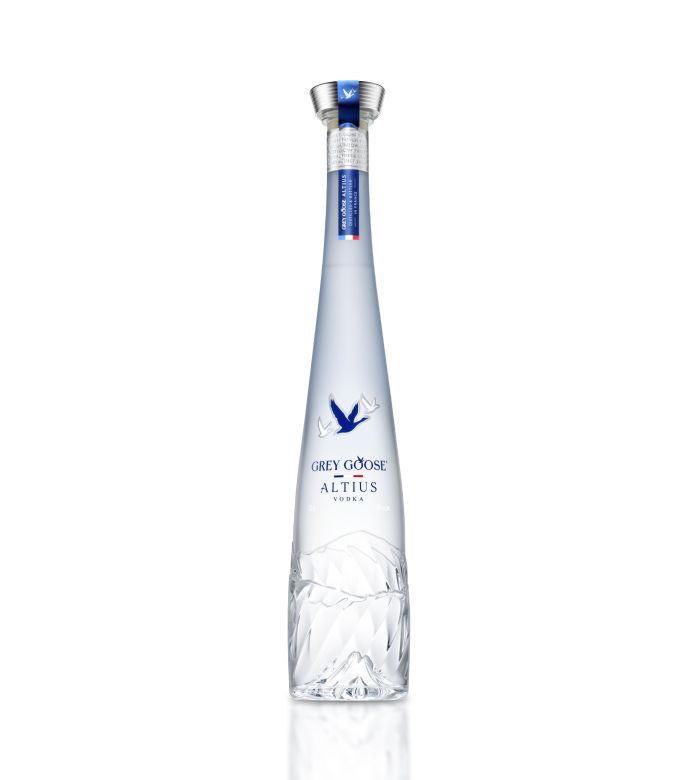Scotch whiskey is a distilled spirit made from the mash of malted barley and other cereal grains. Scotch whiskey must be made in Scotland to be sold under that name. Whiskey made in the United States is called bourbon. The word “whiskey” is also spelled differently in the U.S.; in Scotland, it’s “whisky.”
Scotch is fermented with yeast and aged in oak for a minimum of three years. Caramel coloring and water are the only additives allowed. It has an amber color and flavor that may be smoky and has notes of caramel, spice, orange peel, and vanilla.
When consumed in moderation, scotch whiskey may be included in a healthy diet .
Scotch Whiskey Nutrition Facts
The following whiskey nutrition facts information is provided by the U.S. Department of Agriculture (USDA) for one shot (42g or 1.5 ounces) of scotch whiskey.1
- Calories: 97
- Fat: 0g
- Sodium: 0.42mg
- Carbohydrates: 0g
- Fiber: 0g
- Sugars: 0g
- Protein: 0g
- Alcohol: 14g
- Iron: 0.017mg
- Potassium: 0.84mg
- Zinc: 0.017mg
Carbs
A single shot of scotch contains 97 calories, no carbohydrates, no sugars, and no fiber. Other types of whiskey provide the same number of calories and carbs.
Since scotch contains no carbs, the estimated glycemic index of scotch is assumed to be zero. The glycemic index is a relative ranking of food that estimates how the carbohydrates in food affect your blood sugar.
Fats
There is no fat in scotch.
Protein
Scotch contains no protein.
Alcohol
Scotch provides 14 grams of alcohol. Each gram of alcohol provides 7 calories. Therefore, all of the calories in scotch come from alcohol, assuming that is consumed neat or on ice.
Vitamin and Minerals
While there are trace minerals in whiskey, you will not gain any substantial micronutrients when you consume it.
Calories
One serving — 42g or 1.5 ounces — of whiskey contains 97 calories, most of which come from the alcohol content.
Health Benefits
A chemical analysis published in 2020 suggested that scotch whiskey has antioxidant properties.3 But there is no strong clinical evidence that antioxidants in scotch provide any benefit in humans.
There are a few studies that link moderate alcohol consumption with certain health benefits, but the amount of alcohol consumed makes a big difference. Additionally, the USDA does not recommend that adults who do not currently drink alcohol start drinking—even for suggested health benefits.
Allergies
According to the American Academy of Allergy, Asthma, and Immunology, there are reported cases of alcohol allergy.5 Symptoms may include rash, swelling, or throat constriction. If you experience any related or unusual symptoms after consuming scotch, talk to your health care provider for personalized advice.
Additionally, scotch whiskey is made from barley, a gluten grain. The distillation process results in a beverage that is considered gluten-free. However, some people with celiac and non-celiac gluten sensitivity may still react to alcoholic beverages distilled from gluten grains.
Adverse Effects
Even though moderate drinking may provide some benefits, there can be drawbacks if you drink too much. These should be considered if you choose to include scotch in your diet.
The U.S. Department of Agriculture’s 2020–2025 Dietary Guidelines for Americans provides information to help you understand how drinking can play a role in a healthy diet.4 According to the guidelines, moderate alcohol consumption can be incorporated into the calorie limits of most healthy eating patterns.





